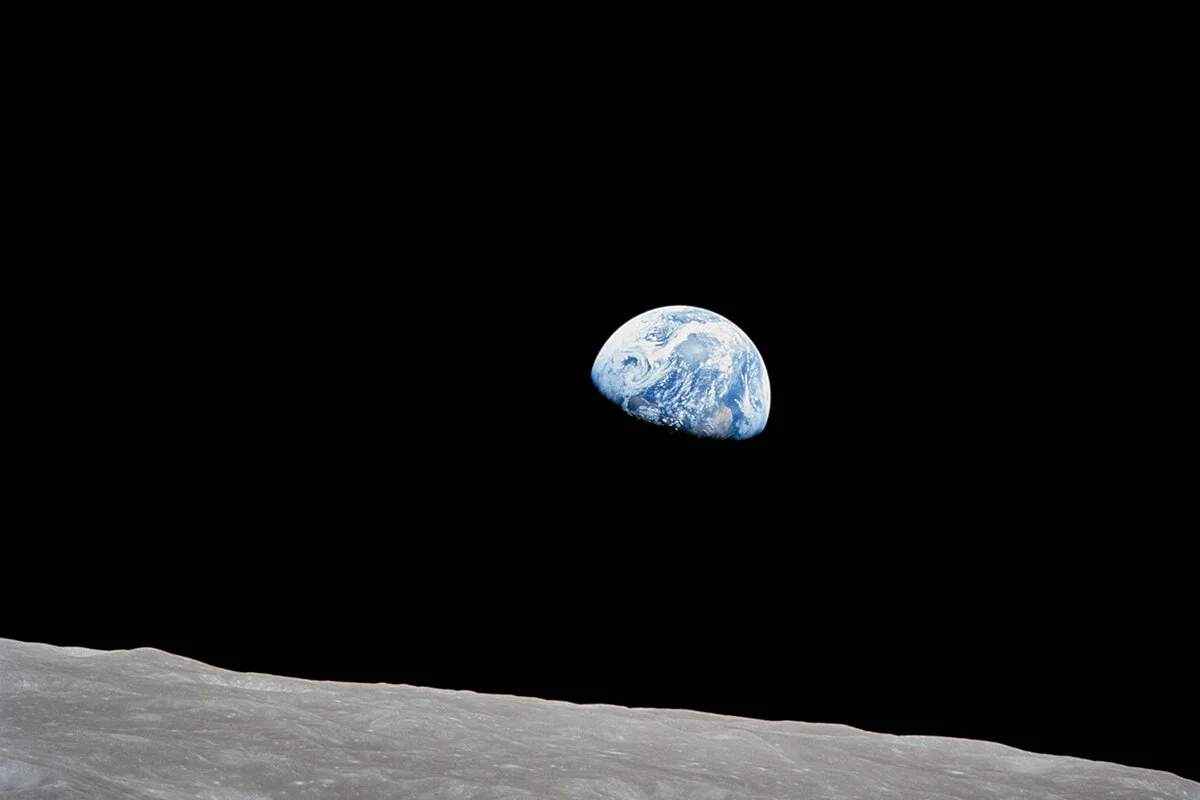For twenty years, Kristin Neff has been the leading voice in the field of self-compassion. Her groundbreaking 2003 research paper founded the field, and her first book brought the practice to the broader world. Now, with Fierce Self-Compassion: How Women Can Harness Kindness to Speak Up, Claim Their Power, and Thrive, Neff brings our understanding of self-compassion to a whole new level.
Barriers to Compassion
Learning to move past resistance, restraint, and roadblocks is a key part of personal and leadership development. Barriers to practicing our innate capacity for compassion can show up in many different ways. Let’s explore three barriers to compassion - distraction, judgment, and fear – and how we can intentionally move to the full expression of our compassionate nature.
Gifts of Adversity
The disruptions from COVID-19 have been enormous, and the loss of life has been tragic. Yet, as a collective, we have still found ways to adapt with remarkable resilience. Many colleagues tell us that some of their life and work changes have been unexpectedly positive. If we stop and reframe our experience, we may be able to find learning and growth amid the suffering.
Be a Compassionate Champion for Mental Health
Given that mental health challenges don’t show up as clearly as the death in a co-worker’s family or a broken arm, how do we create compassionate organizations of mental health awareness and support? Starting with human relationships allows leaders to address the human needs of their team members while advancing organizational goals.
Slow Compassion
The relationship between compassion and perceived time pressure has been known for a long time. From the well-known study, “From Jerusalem to Jericho” nearly fifty years ago, to our research with participants in our training cohorts, the feeling that there is not enough time impairs one’s ability to act compassionately. Ironically, the solution doesn’t come from working faster, but in slowing down.
Leading With Fierce Compassion
When people hear “compassion,” they often think of the nurturing and kind qualities that are an important part of compassion. Compassion, however, is much more than that. Each of the elements of compassion – awareness, connection, empathy, and action – offer paradoxical tensions that fierce compassionate leaders bring into harmony to raise teams and organizations to new levels of performance.
The Wisdom of Nature
Happy Earth Day 2021! Earth Day reminds us of the interconnection of everyone and everything, and the opportunity to reflect on how that profound wisdom can influence our lives and our leadership. Today, and every day, take a pause to acknowledge this amazing globe on which we live and the role we play in sustaining it.
Put an End to Blaming and Shaming
Every organization, every team, everyone faces failure at different times. How we respond can make all the difference in how quickly we bounce back and learn to innovate in the future. In many organizations or teams, the typical response to negative events is shame and blame. To create resilient, learning cultures, leaders need instead to respond with compassionate actions.
Seeds of Compassion
As the days get longer in the northern hemisphere, the signs of new life emerge all over. Farmers and gardeners turn their attention to planting new seeds as the first step to a rich harvest. Let’s align ourselves with the seasonal cycle of the planet and plant seeds of compassion for a harvest of healing and flourishing. These seeds are readily available, and with patience and wisdom, will return many times over the effort they require to plant.
A Powerful Gathering
The Women’s Global Compassion Gathering on March 28 welcomed participants from forty-one different countries around the world. Presentations from Kenya Casey, of The Carter Center, Liz Grant of the University of Edinburgh, and Monica Worline of Stanford University were interspersed with time for community reflection, sharing intentions and poetry, and restoration.











